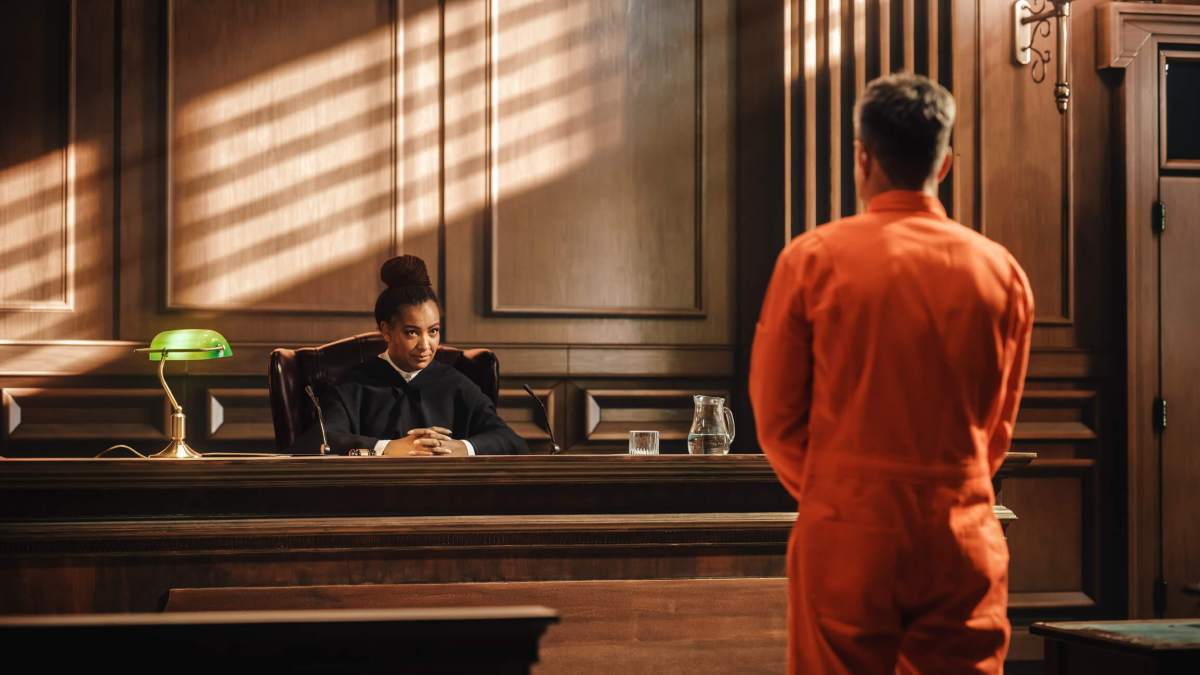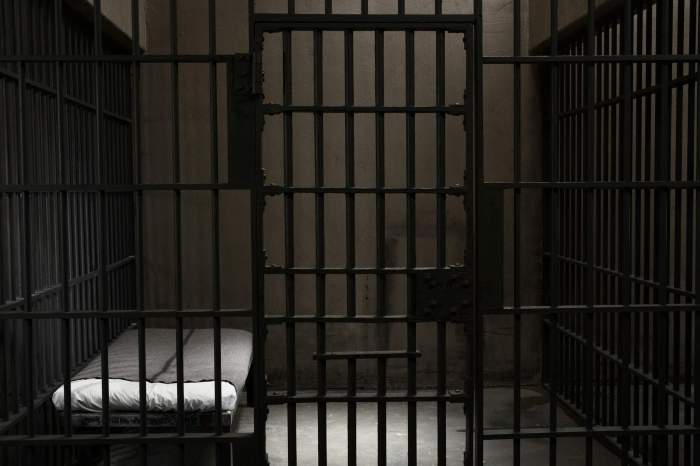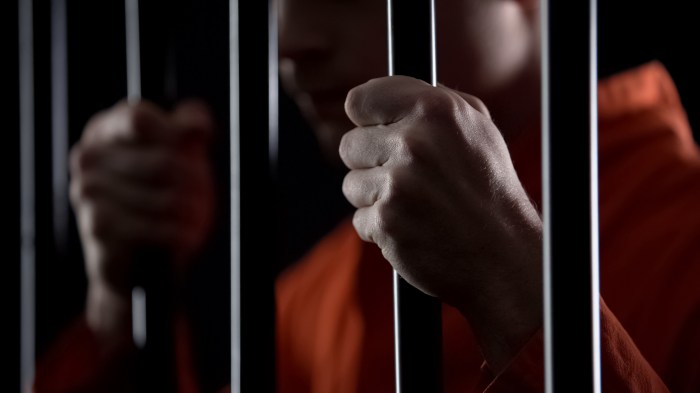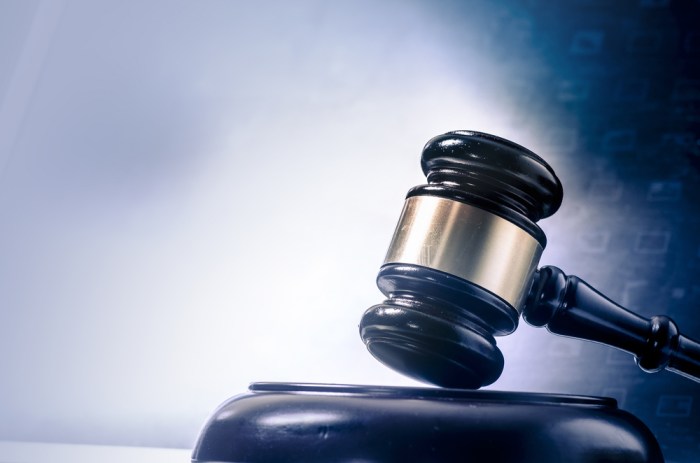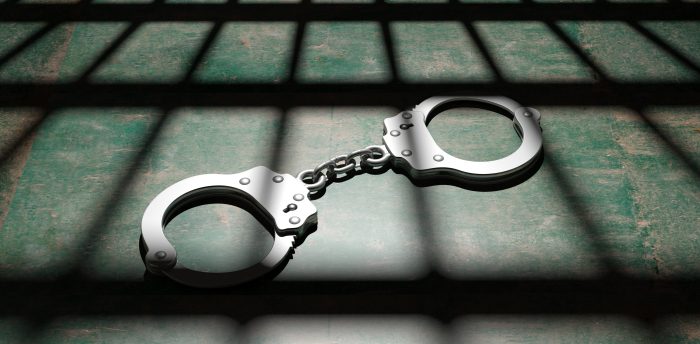Our new mayor Eric Adams has just taken office on the promise to make our neighborhoods safer and our criminal justice system fairer. If he is going to succeed, law enforcement professionals, including probation and parole officers, will have an important part to play. Though they are two important pieces of the puzzle, many New Yorkers don’t know the difference between parole and probation. Given the renewed focus on criminal justice reform and public safety, it is important that the public understands the role each plays in our city.
What is probation?
Probation is usually a sentence given in lieu of jail time. This alternative to incarceration allows individuals to remain a part of their community while adhering to court-ordered rules decided by a judge. Individuals on probation serve their terms under the supervision of a probation officer.
What is parole?
Parole is the early, conditional release of a convicted offender from prison after they have served part of a sentence. It allows inmates to return to the community to serve the remainder of their sentence under the supervision of a parole officer.
How do the duties of probation and parole officers differ?
Probation officers work to prevent individuals from being incarcerated. Probation officers ensure the people under their supervision are in compliance with the rules outlined by the judge who sentenced them to probation, and report problems as well as progress. They also network with social services within the community and help those on probation get back on their feet. By balancing the need to keep communities safe with the need to give individuals a second chance, probation officers serve as the heartbeat and conscience of the criminal justice system.
The role of probation officers has expanded since the city and state implemented “Raise the Age” reforms that moved the majority of cases against people under the age of 17 out of Criminal Court and into Family Court. This means working with men, women and youth who have been involved in the criminal and juvenile justice systems, providing opportunities in education, employment, health services, family engagement and civic participation. They also provide counseling, individually or in groups, to help them deal with problems like substance misuse.
Probation Officers also make home visits to individuals under our supervision, and to friends, relatives, community agencies, employers, former employers, churches, schools, law enforcement agencies, and others to monitor their adherence to the conditions of their probation.
These supports prevent probationers from falling through the cracks and potentially becoming incarcerated. Probation is where the healing begins.
When Probation Officers are successful, they give people involved with the criminal justice system a deserved second chance and save the City and State tens of thousands of dollars for every person we stop from going to prison. This is a challenging, but incredibly vital job to the community.
Parole officers work with individuals after they have been released from jail or prison. They connect parolees to drug and alcohol abuse support systems when needed, and to social services like community health clinics. They may also help them find housing, and secure a job or education. A primary goal of parole officers is to ensure that their clients adhere to the terms of their parole.
Though there are several important differences, both Probation and Parole officers play a key role in criminal justice. If Mayor Adams’ is to deliver on his campaign promise of safety and justice, New York City will need dedicated Probation Officers working to keep people out of prison, and Parole officers helping people who have been in prison reintegrate into the community.
Dalvanie Powell is president of the United Probation Officers Association.



